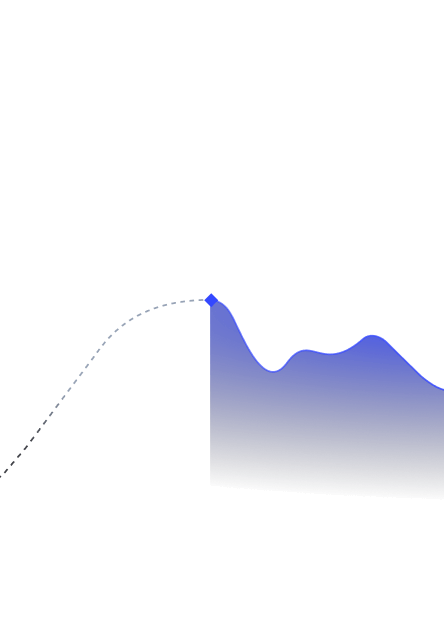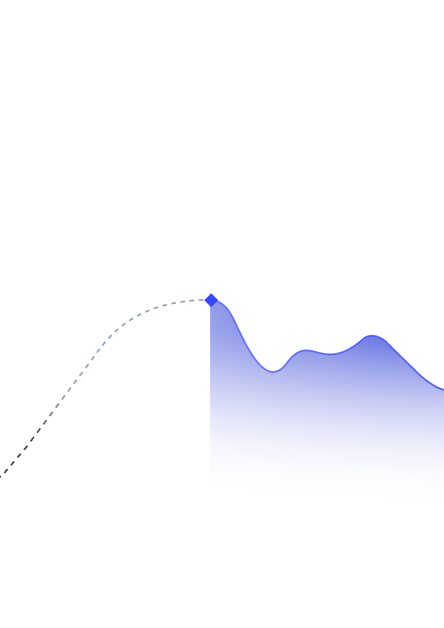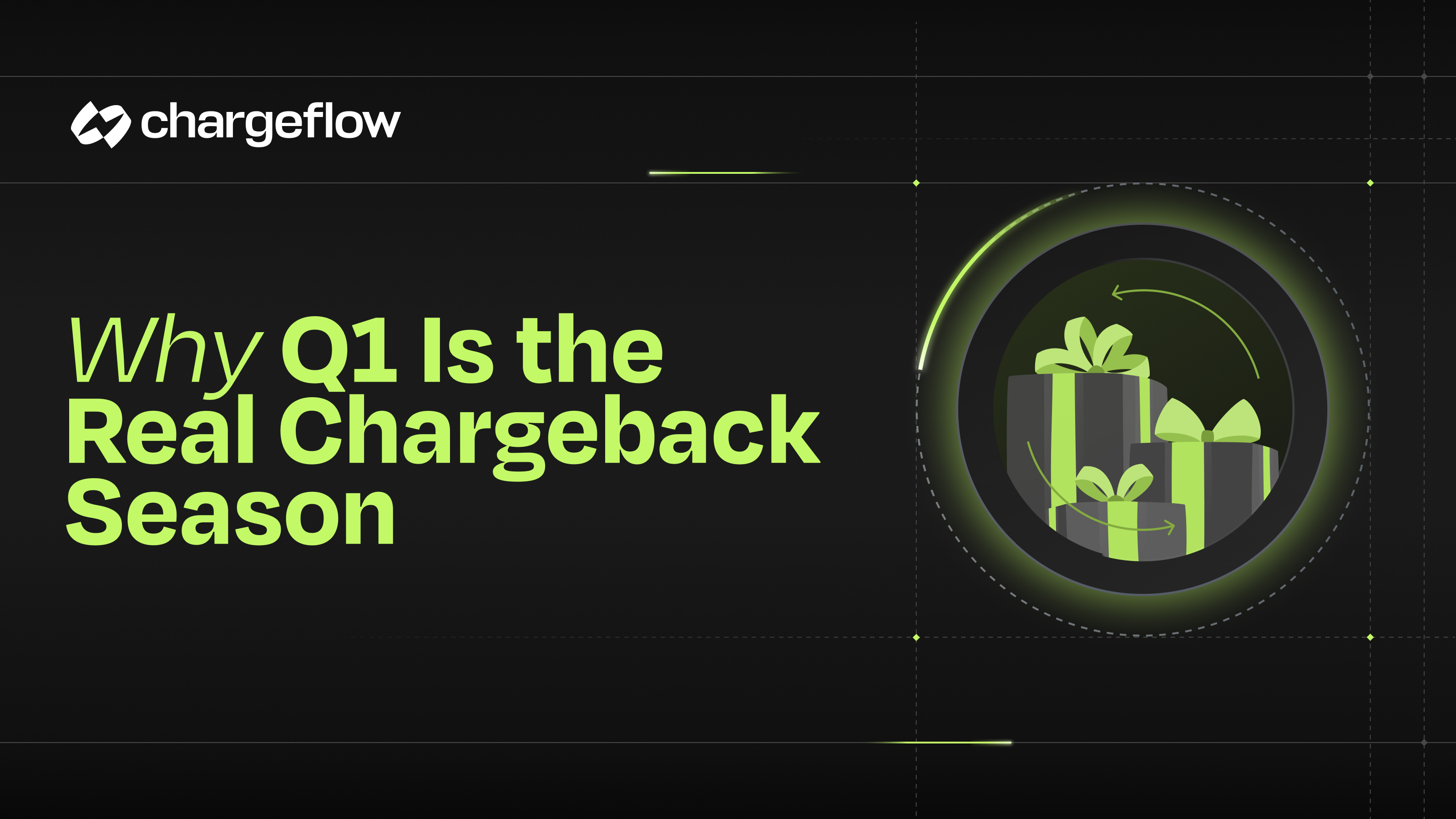PayPal Refund Scams: How to Spot and Avoid Them

Chargebacks?
No longer your problem.
Recover 4x more chargebacks and prevent up to 90% of incoming ones, powered by AI and a global network of 15,000 merchants.
Protect your wallet from PayPal refund scams! Learn how to spot and avoid these fraudulent schemes to keep your money safe. Don't be a victim!
As an e-commerce store owner, it's essential to keep up with the latest trends and potential threats associated with online payments in order to ensure the security of your business. Today, one of the most common scams that merchants need to be aware of is PayPal refund fraud.
Whether you're an experienced seller or just getting started, understanding how this scam works and what steps you can take to protect yourself and your customers from becoming victims is critical.
In this blog post, we'll take a look at PayPal refund scams in detail so that you can spot them early on and avoid being taken advantage of by fraudsters.
What is a PayPal refund scam?
A Paypal refund scam is a malicious scheme in which someone attempts to fraudulently acquire funds from a PayPal account. This scam works by taking advantage of the refunds offered by Paypal, usually as a way of returning payment for goods or services, and using them to acquire funds without returning the goods or services that have been purchased.
In some cases, this may appear as a legitimate offer where the buyer agrees to purchase a product using Paypal, only to later file for a full refund without returning the product claiming it was damaged or not as advertised.
It is particularly dangerous because it can easily go undetected, allowing the scammer to receive their money while leaving the seller out of pocket. It's important to always be alert when dealing with customers who use Paypal and carefully review any requests for refunds before agreeing.
Importance of knowing how to spot and avoid PayPal Refund Scam
With the rise of e-commerce, buyers and sellers need to be on alert when it comes to potential PayPal refund scams. As a merchant, you must always take steps to protect yourself against these scams since they can cost you significant monetary loss. Being able to identify signs of a scam such as overly large orders or suspicious emails is essential in avoiding them altogether.
Types of PayPal refund scams
1. False Refund Claims
In this scam, a buyer will claim that they never received an item or that the item was not as described in order to receive a refund. However, the buyer may actually have received the item and be attempting to get a refund without returning the product.
2. Fake Buyer Claims
In this PayPal scam, a buyer will claim that they never received the item and initiate a chargeback through their credit card company. The seller will then be hit with a chargeback fee and lose the value of the transaction.
3. Unauthorized Transaction Claims
In this refund scam, a buyer will claim that their PayPal account was hacked and used to make an unauthorized transaction. The seller will then be hit with a chargeback fee and lose the value of the transaction.
Red flags to watch out for PayPal Refund Scam
1. Suspicious Emails or Messages
Scammers often send phishing emails or messages that appear to be from PayPal, asking you to provide personal information or click on a link. These messages may contain spelling or grammar errors or come from an email address that doesn't look legitimate. Always double-check the sender's email address and be wary of any unsolicited requests for personal information.
2. Request for Personal Information
Scammers may ask for personal information such as your name, address, and social security number in order to steal your identity or commit fraud. PayPal will never ask for your personal information through email or messages, so be wary of any request for this information.
3. Demands for Immediate Action
Scammers may try to pressure you into taking immediate action, such as requesting an immediate refund or threatening to close your account. PayPal will never pressure you into taking immediate action or threaten to close your account without prior notice.
4. Deals that Seem too Good to be True
Scammers may offer deals that seem too good to be true, such as a buyer offering to pay more than the listed price for an item or a seller offering to sell an item at a steep discount. Be wary of any deal that seems too good to be true, as it may be a scam.
Tips to avoid PayPal refund scams
1. Use PayPal's Buyer and Seller Protection Features
PayPal offers its users great buyer and seller protection features to help them avoid the risk of refund scams. As a buyer, you can use PayPal's purchase protection service if your orders are not received or if they don't match their description.
It ensures that, as long as you've reported any issues to the seller within 180 days of making the payment, you'll be refunded the cost of your order, plus applicable shipping costs. As a seller, PayPal's extensive Seller Protection Program promises reimbursement for any item-not-received or unauthorized-transaction cases.
These security measures provide peace of mind when using PayPal and go a long way toward avoiding scams that could result in lost money or compromised personal information.
2. Verify the Buyer’s Identity
To protect yourself against PayPal refund scams, verify the buyer's identity. First, check the profile information associated with the account to make sure it matches their shipping address.
Also, ask questions specific to the product that can only be answered by someone who has actually seen it or used it. Finally, ask for verification documents such as an ID card, a driver's license number, or other proof of identity before you ship out the purchased item.
That way, if there is a dispute later on and you need evidence that they are who they said they were in order to open an investigation with PayPal, you will already have all of that information upfront. Taking these steps can save you from costly headaches and keep your business running smoothly and securely.
3. Avoid Sharing Personal Information
Protecting personal information is one of the most important steps a consumer can take to avoid PayPal refund scams. Refund scammers often use stolen information to attempt to claim payments from unsuspecting victims, making it critical that all consumers remain vigilant about their data security.
To start, individuals should never share account passwords or credit card numbers online with anyone they do not trust completely. They should also be wary of clicking on suspicious emails or links purporting to offer refunds that may be attempting to redirect the user to a malicious website.
Additionally, if shoppers come across any websites or other platforms that request personal information when requesting a refund, they should always look for an alternate means of contact and report the incident immediately. It is only with vigilance and caution that individuals can protect themselves from potential fraudsters looking for vulnerable personal details.
4. Check the Buyer’s Reputation
Before engaging in a transaction involving PayPal, it is imperative to check the buyer’s reputation. Check if their payment history is spotless and their negative feedback score is low.
Research the general range of prices for services or products as requested by the buyer to make sure there isn’t a dramatic difference from what is asked. Similarly, you may wish to ensure that the payment made does not exceed the maximum extortion rate for PayPal transactions.
Furthermore, looking into other forums about recent scams related to PayPal will allow you to be more informed before conducting any transactions with potential buyers of unknown repute. With due diligence, you can protect yourself from the common pitfalls associated with these kinds of scams.
Steps to take if you suspect a PayPal refund scam
If you suspect that you have been the victim of a PayPal refund scam, it's important to take action quickly to protect yourself and your finances. Here are the steps you should take if you suspect a PayPal refund scam:
1. Report it to PayPal
If you believe that a transaction was fraudulent, report it to PayPal immediately. You can do this by logging into your PayPal account, going to the Resolution Center, and filing a dispute. PayPal will investigate the dispute and work with you to resolve the issue.
2. Gather Evidence
Before filing a dispute or contacting your financial institution, gather any evidence that supports your claim, such as screenshots of the transaction or communication with the other party. This evidence will help you make a strong case for why the transaction was fraudulent.
3. Stay Vigilant
After reporting the scam, monitor your account closely for any suspicious activity. Change your passwords and enable two-factor authentication to prevent further fraud.
Final Thoughts on PayPal Refund Scam
The ability to prevent and detect PayPal refund scams is crucial to any seller’s success. Whether online or in person, it’s important to remain aware of the common types of PayPal refund scams and possible red flags.
Knowing what to look for is key to keeping your payments secure. By following all of the tips suggested in this article, you can stay ahead of fraudulent activity and protect yourself from a costly scam.
If you do happen to spot suspicious activity, take immediate steps to protect yourself using the resources provided by PayPal. With the right precautions, a PayPal refund scam should never threaten your business again.

Chargebacks?
No longer your problem.
Recover 4x more chargebacks and prevent up to 90% of incoming ones, powered by AI and a global network of 15,000 merchants.
















































.png)








